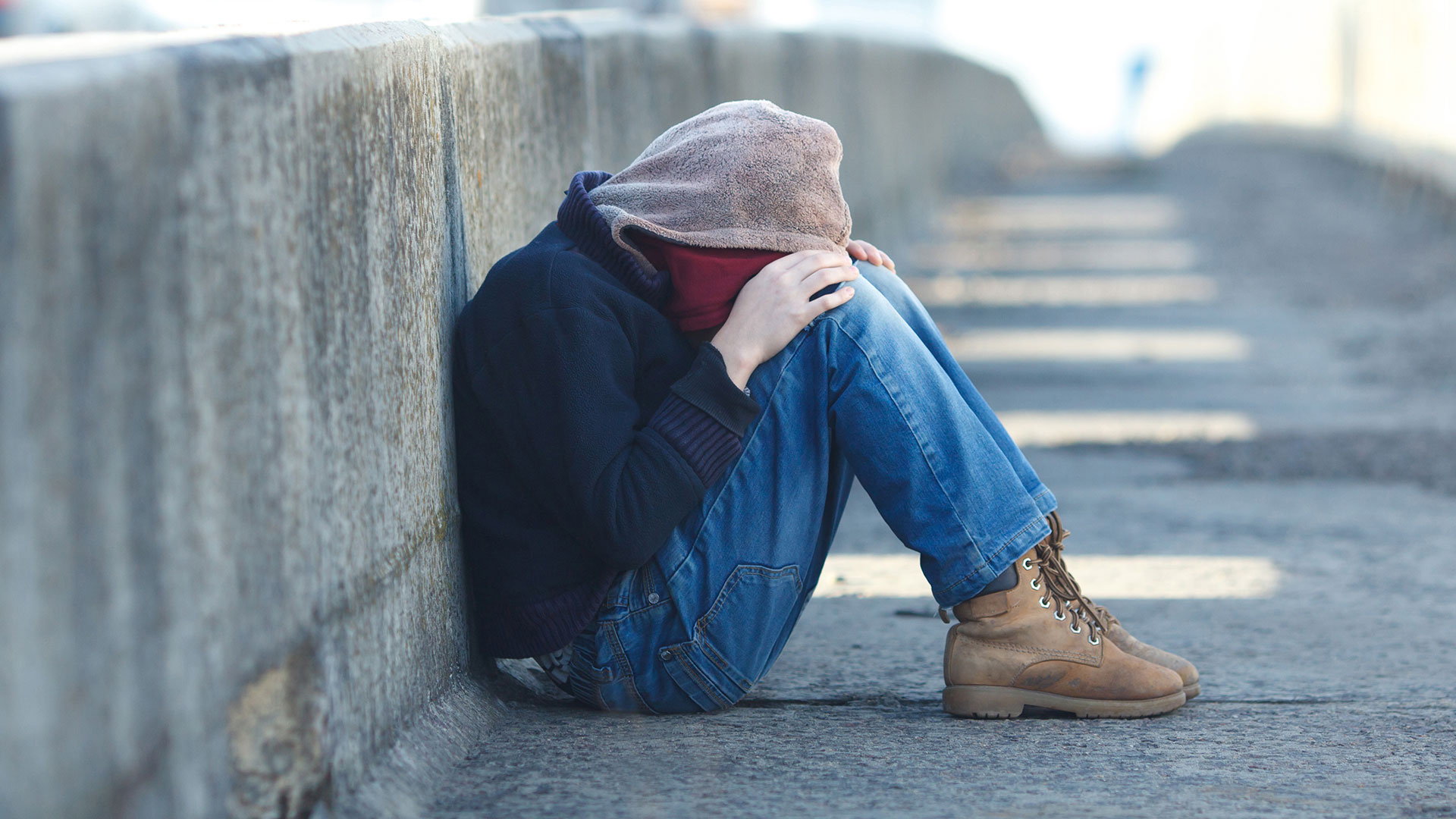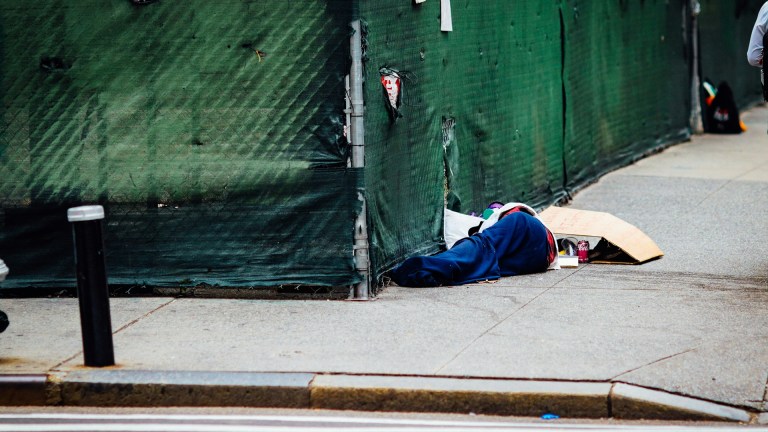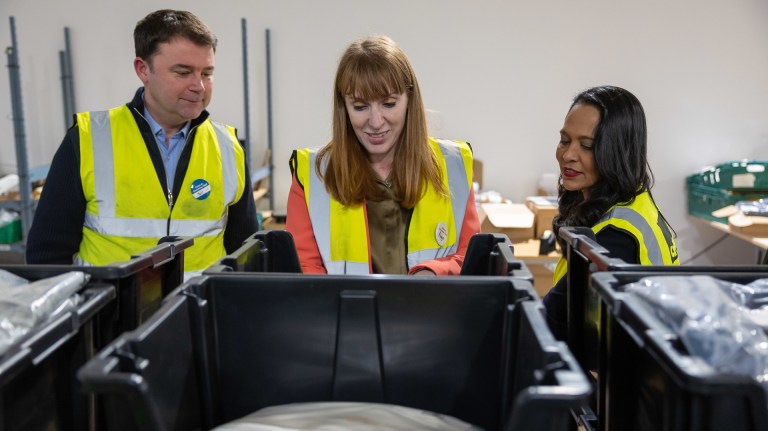The Job Retention Scheme was initially planned to end on October 31 but was extended with the introduction of a new national lockdown.
And young people — who are more likely to work in badly hit hospitality and retail sectors which have relied on furlough — are seeing work evaporate as the scheme draws to a close.
Centrepoint’s own survey found that fewer than two in five young people currently furloughed think their role would be eligible for the new Job Support Scheme while less than a quarter on a payroll consider their job safe.
And, this week, Resolution Foundation reported that 19 per cent of 18-24 year olds who were furloughed during lockdown were unemployed in September while just one-in-three who lost their jobs have found new work.
Paul Noblet, Centrepoint’s head of public affairs, told The Big Issue that the charity’s helpline and homelessness prevention centre in Manchester are increasingly hearing stories of youngsters struggling to get by.
And now Centrepoint has teamed up with another London charity, New Horizon Youth Centre to call for a “refocusing” of efforts to support a younger demographic facing homelessness.
He said: “I think there really is a real link between the stories we’ve heard on the helpline, and the figures that have been coming out. I think this is a real, real issue.
“Because we’ve seen this jump in the number of young people rough sleeping, we really need to look at whether or not the resources being put in are responding to real-time changes in in demographic demand
“From what we have heard on our helpline, I think the pandemic has really exposed that we just don’t have as many bed spaces and self contained rooms and flats [for] all the people that need support at the best of times and that has combined with the funding cuts over the last decade.”
Noblet added: “If the government is going to meet its 2024 rough sleeping target then it’s starting from a real problem this year.”
Overall, the new CHAIN figures, which count rough sleepers in London, demonstrated a fall in rough sleeping in the English capital, following the Everyone In scheme’s efforts to house rough sleepers in hotels and emergency accommodation during the national Covid-19 lockdown.
A total of 3,444 people slept rough across London from July to September, representing a 14 per cent decrease on the same period last year.
But 1,901 of those people were rough sleeping for the first time, making up 55 per cent of the overall total.
And homelessness charities have warned that, as the second wave of the Covid-19 pandemic takes hold, there is a risk that more people could face homelessness.
These figures show that the initial influx of people forced onto the streets at the start of the pandemic has not escalated at the pace we feared
Responding to the figures, St Mungo’s chief executive Steve Douglas praised the success of Everyone In’s efforts to house rough sleepers in hotels and temporary accommodation during the national lockdown but warned that “As winter approaches, without the right interventions, we can expect the numbers to rise again.”
Crisis chief executive Jon Sparkes added: “It’s welcome to see rough sleeping numbers in London finally going in the right direction. These figures show that the initial influx of people forced onto the streets at the start of the pandemic has not escalated at the pace we feared.
“The Government must act now to fund accommodation where people who would otherwise be sleeping rough can safely self-isolate, as they did at the beginning of the pandemic. The measures they took in March undoubtedly saved lives and must be repeated.”
The Big Issue is fighting the housing and unemployment crisis through the Ride Out
Recession Alliance, bringing together the most innovative ideas and experts to help keep people in work and in their homes during the recession.
Share your story or get in touch with what you think can be done to support those in need by emailing rora@bigissue.com.









